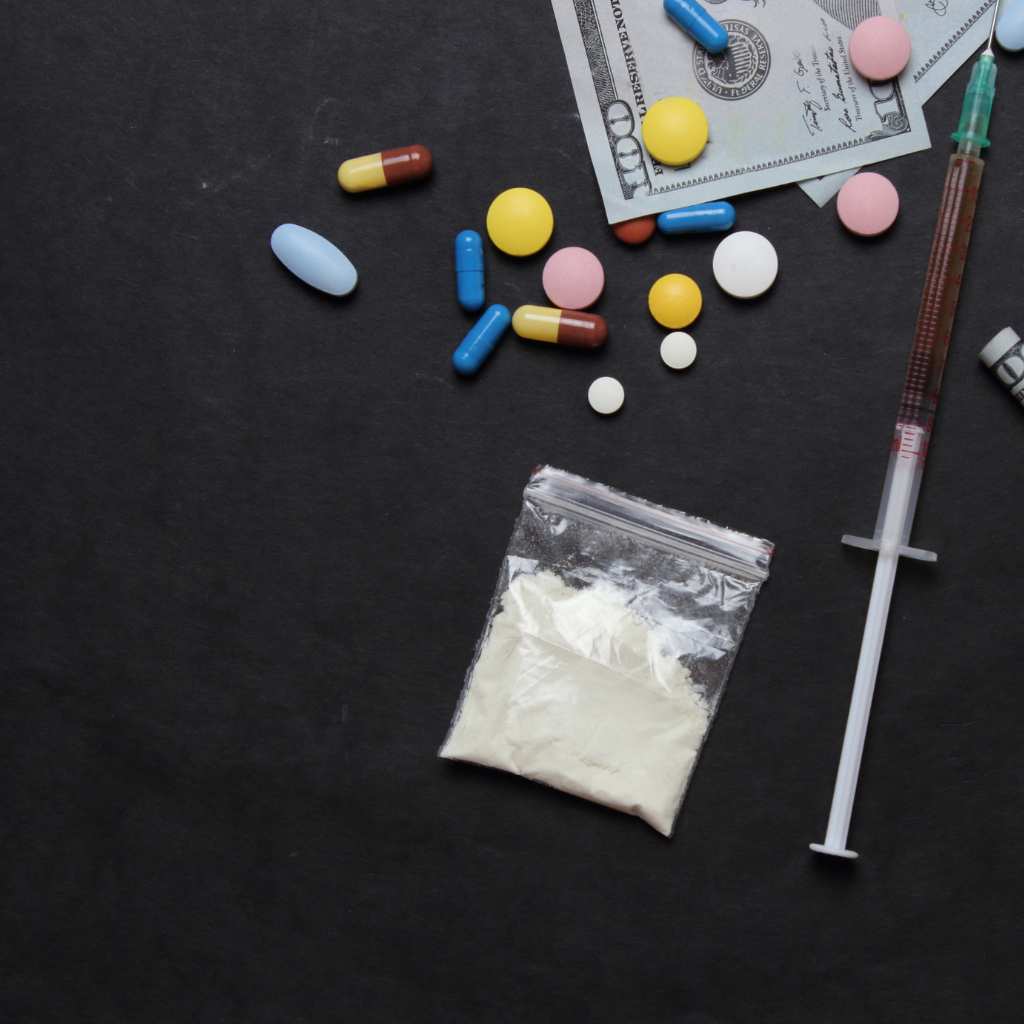Table of Contents
How is fentanyl impacting Florida state?
Even as recent data suggests a slight decline in drug-related deaths, fentanyl continues to be a significant public health crisis in Florida. While this synthetic opioid has been responsible for devastating communities across the state and country, Florida remains at the forefront of efforts to combat its spread. But despite law enforcement’s best efforts and a reported decrease in deaths caused by fentanyl in Florida, the danger is far from over.
A few months ago, Attorney General Ashley Moody shared some encouraging news regarding the department’s ongoing fight against fentanyl distribution and consumption in Florida. In the Florida Department of Law Enforcement (FDLE) Medical Examiners Drugs Identified in Deceased Persons 2023 Interim Report, a 7% decrease in total drug-related deaths, a 10% decrease in deaths caused by fentanyl, and a 10% decrease in opioid-related deaths was reported, among other findings. These statistics show that Florida’s proactive measures are making an impact, but they also serve as a reminder: fentanyl is still a significant threat that demands ongoing attention.
At GateHouse Treatment, we not only provide various levels of care to treat substance abuse, but we are also dedicated to understanding the current state of substance use, staying at the forefront of treatment options, and supporting efforts by authorities to reduce this global issue. In this blog, we’ll take a closer look at what’s happening with fentanyl and other synthetic drugs in the Sunshine State and how individuals can seek help for long-term recovery.
Read here how Narcan is saving lives from opioid overdose.
Fentanyl in Florida: Still the Deadliest Drug

Fentanyl is still considered the deadliest drug in Florida and across much of the United States. It is a synthetic opioid that is 50 to 100 times more potent than morphine, and its impact on communities has been catastrophic. The opioid crisis, particularly fentanyl, is responsible for the majority of drug-related deaths in the United States, with estimates showing that nearly 70% of overdose deaths in 2022 involved opioids, primarily fentanyl, according to the DEA. Moreover, in Florida alone, 5,083 lives have been lost to this potent substance.
Fentanyl Seizures
Florida has become a leader in the battle against fentanyl distribution. In 2023, the state seized more fentanyl than any other in the U.S., participating in over 2,089 operations aimed at removing this dangerous drug from the streets. Nationwide, according to the International Journal of Drug Policy, from 2017 to 2023, there was a massive increase in the number of drug seizures involving pills in the U.S., rising from 10.3% to 49% of all drug seizures. By 2023, law enforcement seized over 115 million individual pills, and the weight of pills compared to the total weight of seized drugs also shot up from 0.4% to 54.5%.
The rapid increase in fentanyl-laced substances points to the growing sophistication of drug trafficking networks, particularly those involving Mexican cartels, who continue to smuggle fentanyl into Florida and across the nation.
The Impact of Synthetic Drugs in Florida
Beyond fentanyl, in Florida, synthetic drugs like Spice, K2, and bath salts have become a severe public health concern, particularly among adolescents who may view these substances as safer alternatives to traditional drugs.
The state has worked to combat the rise of these drugs by adding over 136 chemical compounds to its controlled substances schedule, including Flakka, a dangerous synthetic cathinone responsible for multiple deaths in the state. Synthetic drugs, often marketed online and manufactured overseas, mimic the effects of controlled substances. Still, their high toxicity and potential for abuse make them a significant threat to users and the community.
The DEA has reported that six out of every ten pills laced with fentanyl contain a lethal dose. These drugs are being sold in communities across Florida, creating an ongoing crisis that requires constant vigilance from both law enforcement and public health agencies.

A Long Road Ahead
Despite a recent decline in fentanyl-related deaths, it’s important to remember that the battle is far from over. Florida’s success in leading the nation in fentanyl seizures is a testament to the tireless efforts of law enforcement. Still, the existence of this drug, and others like it—continues to pose a serious threat to communities. Synthetic opioids, including fentanyl, have wreaked havoc on lives and families, and they are not the only danger. Other synthetic drugs, like methamphetamine and counterfeit prescription pills, are also flooding the streets and bringing destruction in their wake.
It’s easy to become desensitized to statistics, but behind every number is a life cut short and a family left grieving. The devastation caused by fentanyl is just one part of a more significant, complex crisis. As law enforcement works to intercept these substances, we must not lose sight of the personal toll this crisis takes on individuals, families, and entire communities.
While Florida’s decline in drug-related deaths offers a glimmer of hope, it is a reminder that progress must not lead to complacency. The fight against synthetic drugs requires continued attention, not just on fentanyl but on the many dangerous substances circulating today. Every effort made to raise awareness, to educate, and to provide treatment is another step toward saving lives.
Finding Hope: How GateHouse Treatment Can Help

For families and individuals struggling with addiction, the battle against substances like fentanyl can feel overwhelming. However, recovery is possible with the proper support. At GateHouse Treatment, we offer a range of comprehensive programs designed to address addiction at every level. Whether you’re seeking outpatient programs, partial hospitalization, or medication-assisted treatment (MAT), our approach ensures that each person receives the care they need to start the journey to recovery.
We also understand that addiction affects more than just the individual—it impacts entire families. Our family program creates a space where loved ones can heal together, build stronger connections, and support each other through the recovery process.
We are committed to providing the tools and resources necessary for long-term recovery, offering hope and healing to those affected by substance use disorders.
If you or someone you love is struggling with addiction, call us at (855) 448-3588 or schedule a free consultation; remember, help can be the first step toward healing.
- How a Partial Hospitalization Program Supports Addiction Recovery - March 19, 2025
- Exercise for Addiction Recovery: A Power Way for Healing and Balance - March 7, 2025
- Alcohol Poisoning: How to Recognize and Prevent It - February 26, 2025




